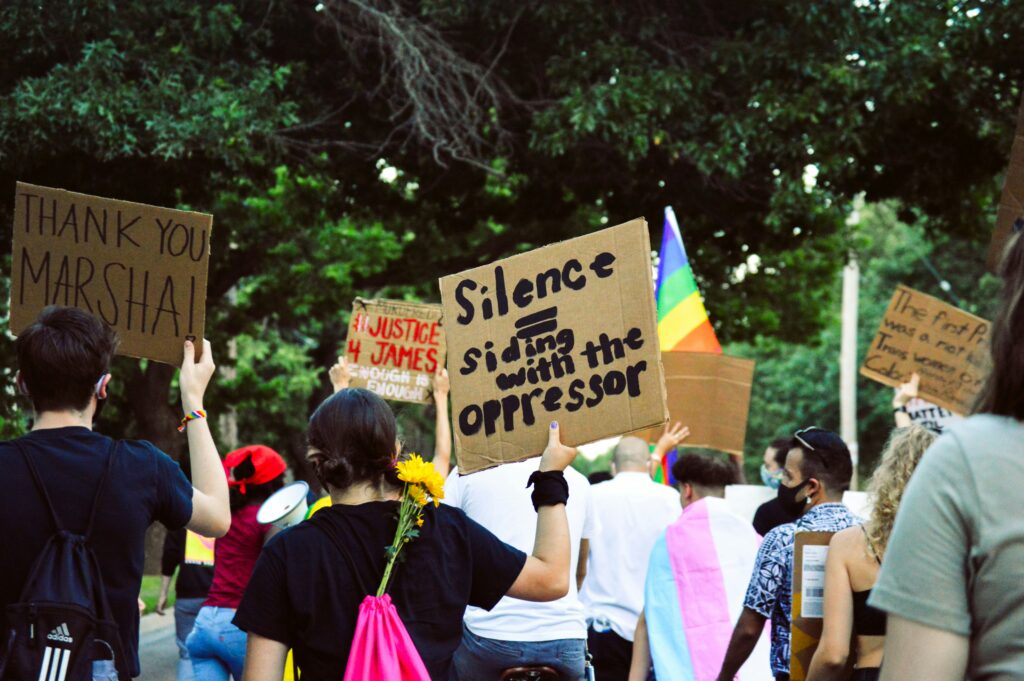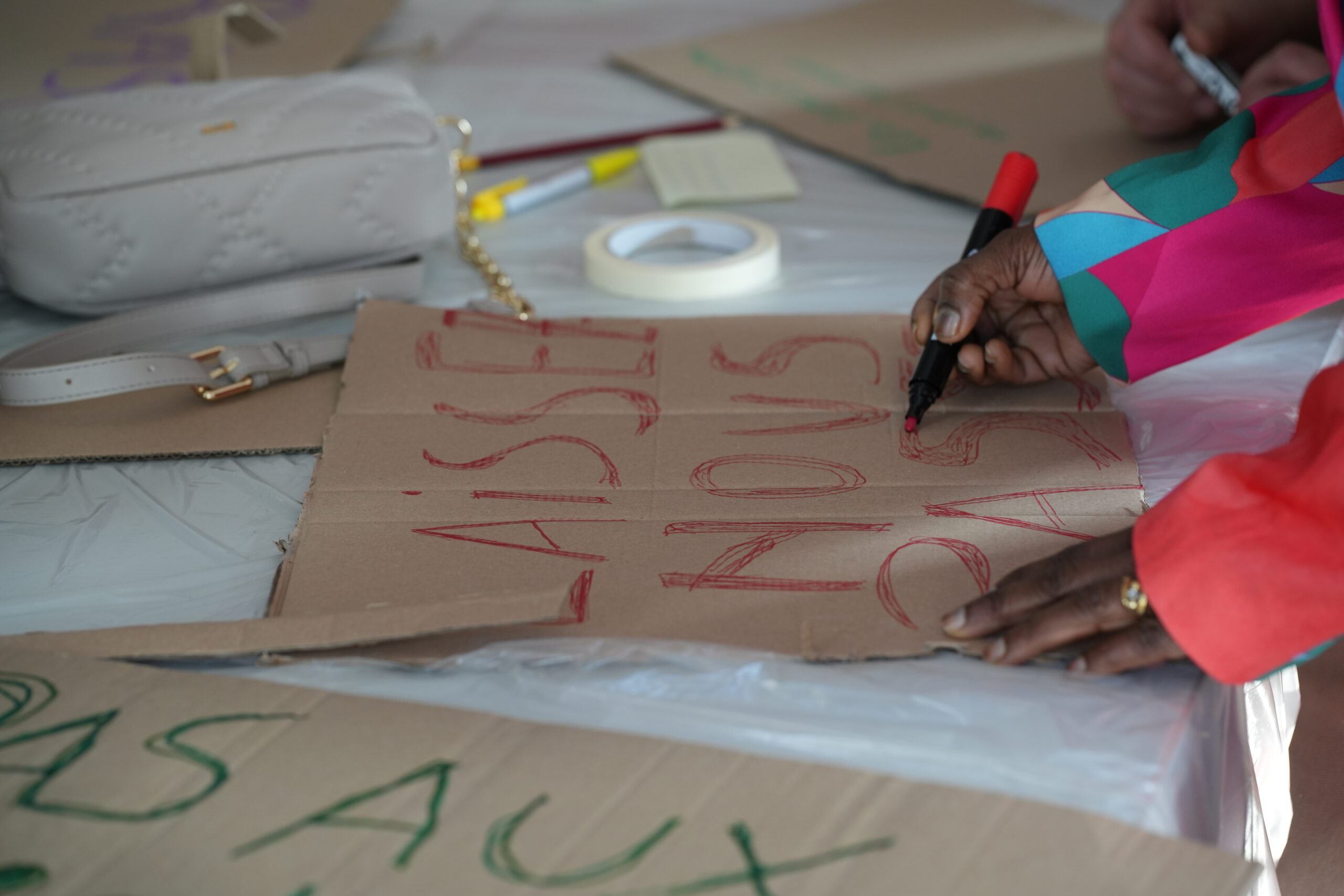Events and protests such as Pride or International Women’s Day may attract tens of thousands of attendees each year, not everyone is convinced of their importance. For some time now, critical voices have questioned whether highlighting gender minorities is still necessary in 2025. However, research shows that acceptance of the LGBTQAI+ community and gender equality is not a given for everyone. In fact, in recent years, there has been a troubling trend of growing intolerance.

Men in Control and Women Who Exaggerate
In 2024, the European Institute for Gender Equality published a study that surveyed young people across Europe on their attitudes toward gender equality and gender-based violence. The findings revealed that tolerance for such violence is increasing, particularly among young men. This is the first time that younger generations have shown a more accepting attitude toward various forms of violence compared to their older counterparts. Some statistics are particularly alarming: 26% of men aged 18 to 24 believe that women often fabricate or exaggerate claims of sexual abuse. Seventeen percent consider domestic violence a private matter that should be handled within the family, and more than 50% believe it is acceptable for a man to control his wife’s finances.
Same-Sex Marriage as a Topic for Discussion
This year, the Youth Research Platform (JOP) published a similar study focusing on tolerance toward the LGBTQAI+ community. The results were equally concerning: 18.3% of respondents found aggression against gay people acceptable, and nearly 20% would prefer to see same-sex marriage abolished. Compared to 2018, statistics on intolerance have doubled or even tripled. Once again, young men appear to be less tolerant than their peers.
Should We Be Worried?
Both studies highlight a disturbing trend: younger generations of men are becoming more tolerant towards gender-based violence. This marks a break from the progressive trend of recent years. The reasons behind this sudden shift remain unclear, but researcher Fien Pauwels from the Vrije Universiteit Brussel suggests that younger individuals may be more susceptible to influence. The increasing exposure to digital platforms where extreme ideologies reach more and more young people could also be a contributing factor. Further research is needed to determine a definitive answer.
One thing is certain: homophobia and violence against women are far from eradicated in society, and we must remain vigilant to prevent further increases or shifts in mentality. Rights that have been granted are never guaranteed, and we must continue raising awareness about gender equality. See you on May 17 or March 8 in Brussels?

Sara-Lynn Milis
Projects & resource center


